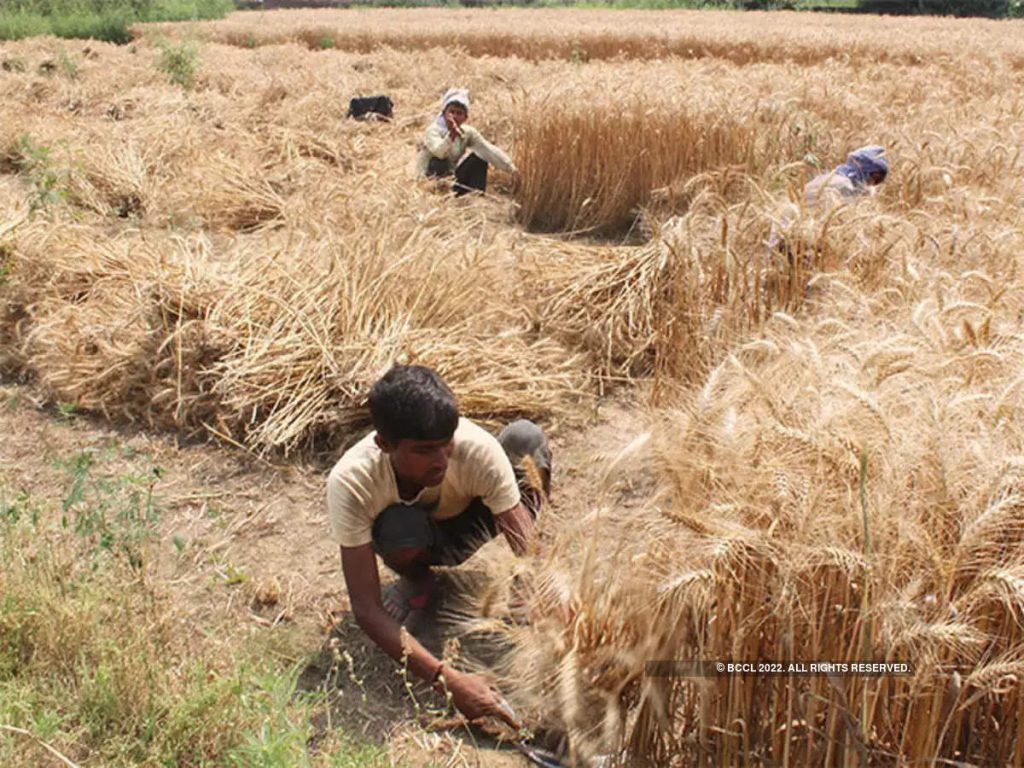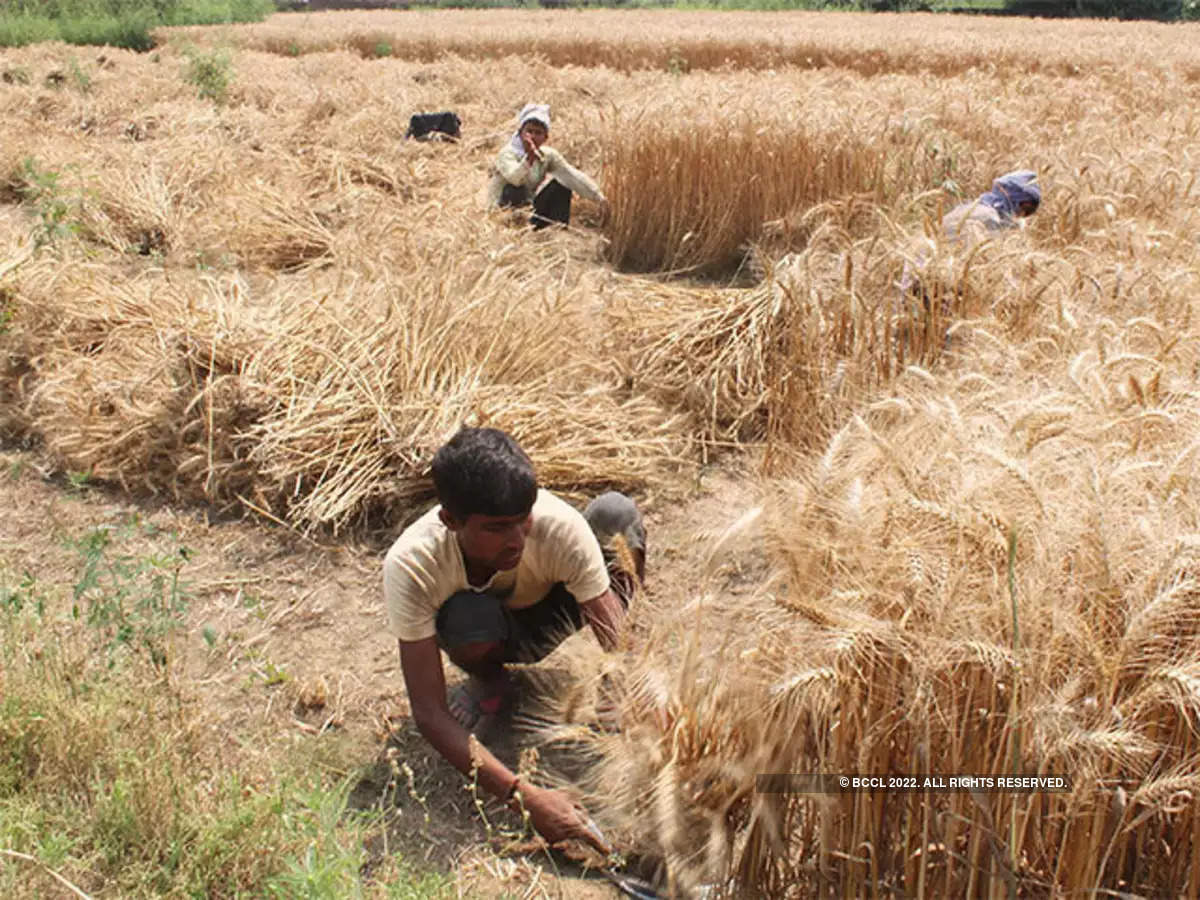Synopsis
Like last year, there have been no reports of extreme temperatures from wheat-growing states so far. This augurs well for the crop prospects, he added. Farmers have brought more area under the wheat crop this year in anticipation of getting higher than the minimum support price (MSP) amid export demand, another ministry official shared. In the 2021-22 crop year, the domestic production fell to 106.84 million tonnes from 109.59 million tonnes in the previous year due to heatwaves in some of the producing states.
Agriculture Secretary Manoj Ahuja on Thursday said there is a bright prospect of wheat crop in key growing states as the current temperature remains conducive for plant growth and higher yield. Till last week, there was a 3 per cent increase in wheat acreage at 286.5 lakh hectares in the ongoing rabi season that began in October, according to the agriculture ministry’s data.
“Wheat crop prospect is bright. The current weather remains conducive for the plant growth and better yields,” Ahuja told PTI on the sidelines of a millet luncheon organised by the Union Agriculture Minister at his residence ahead of the 2023 International Year of Millets.

Better weather conditions and higher area under the crop are expected to lead to higher production in the 2022-23 crop year (July-June), he said.
Like last year, there have been no reports of extreme temperatures from wheat-growing states so far. This augurs well for the crop prospects, he added. Farmers have brought more area under the wheat crop this year in anticipation of getting higher than the minimum support price (MSP) amid export demand, another ministry official shared.
In the 2021-22 crop year, the domestic production fell to 106.84 million tonnes from 109.59 million tonnes in the previous year due to heatwaves in some of the producing states.
Consequently, wheat procurement by state-owned FCI fell to 187.92 lakh tonne in the 2022-23 marketing year from 434.44 lakh tonne due to a fall in domestic output and aggressive purchases by private parties.
In May this year, the government banned exports of wheat to boost domestic supplies and control prices.
Read more at-https://bit.ly/3jrIVS8




